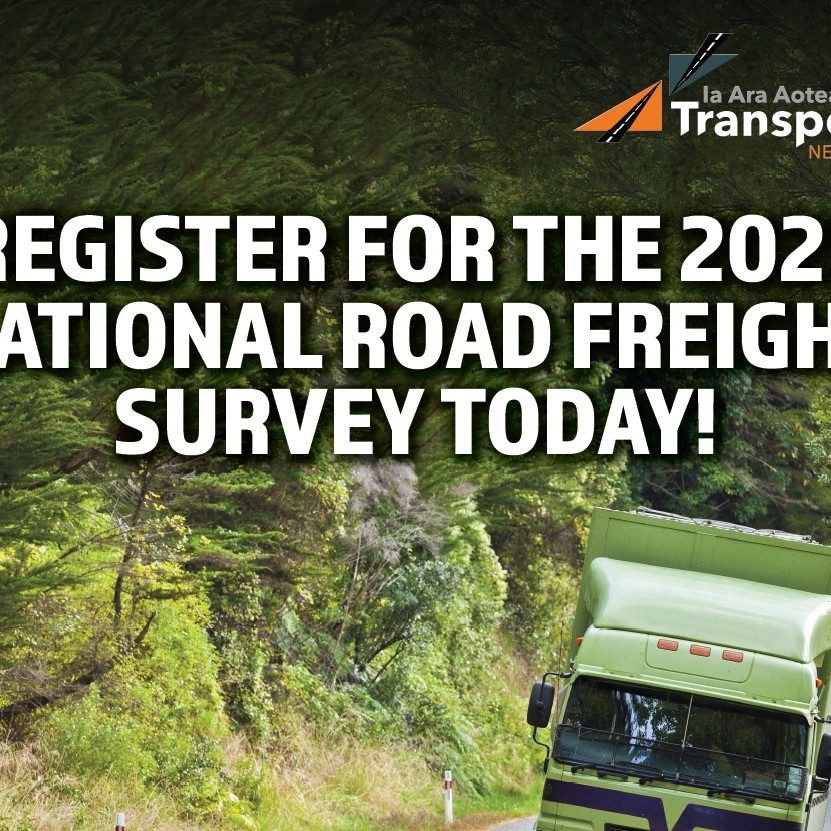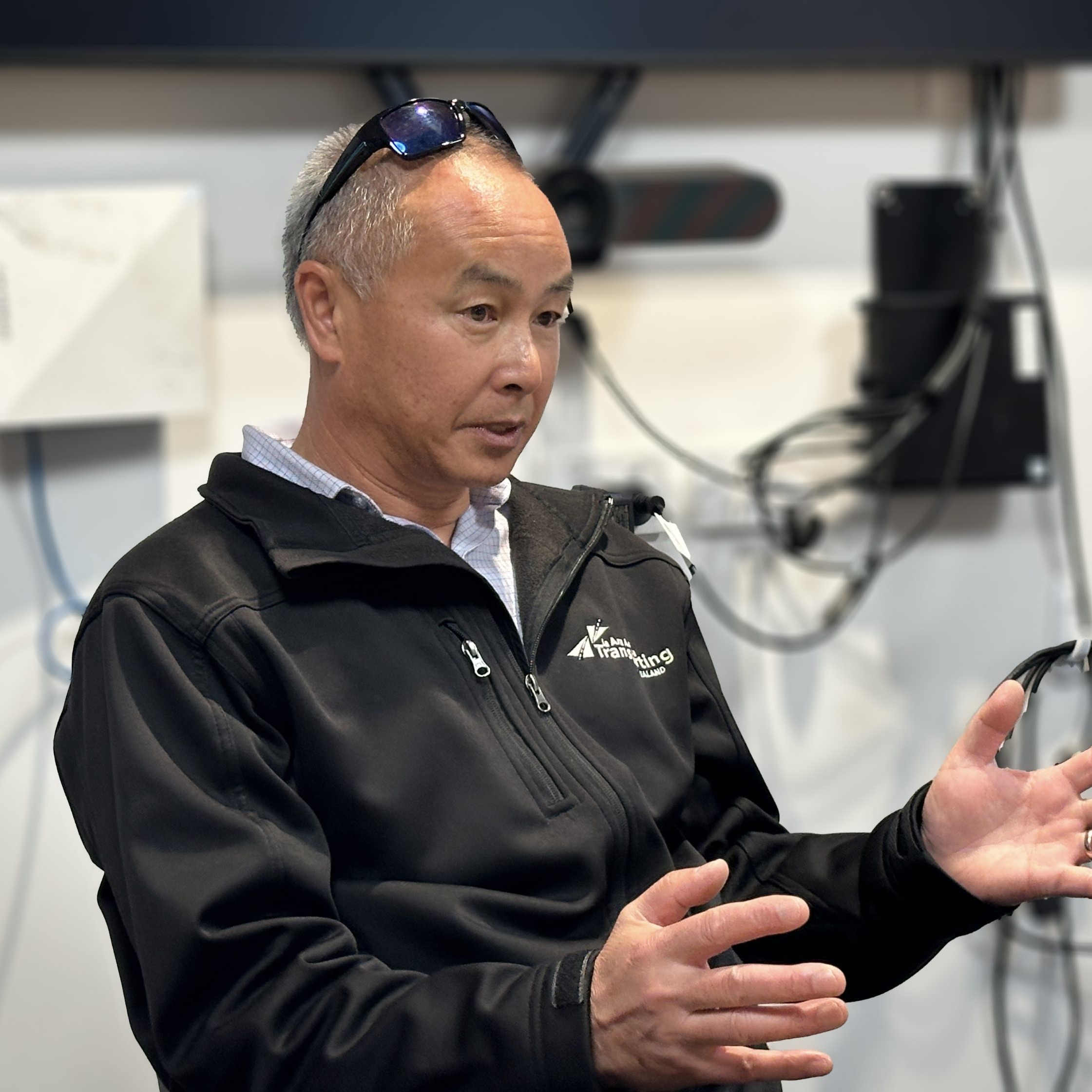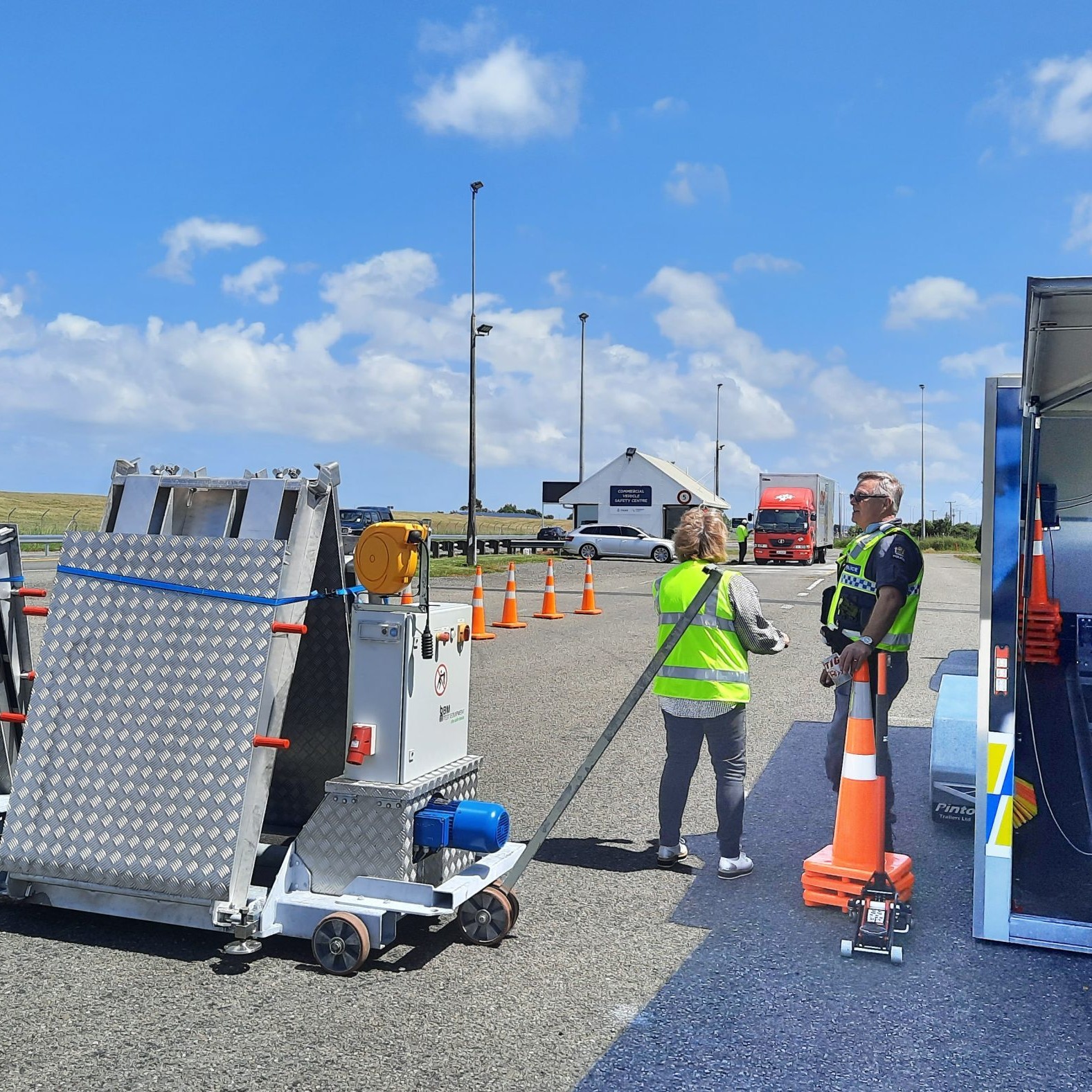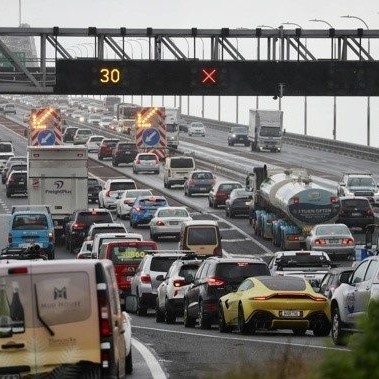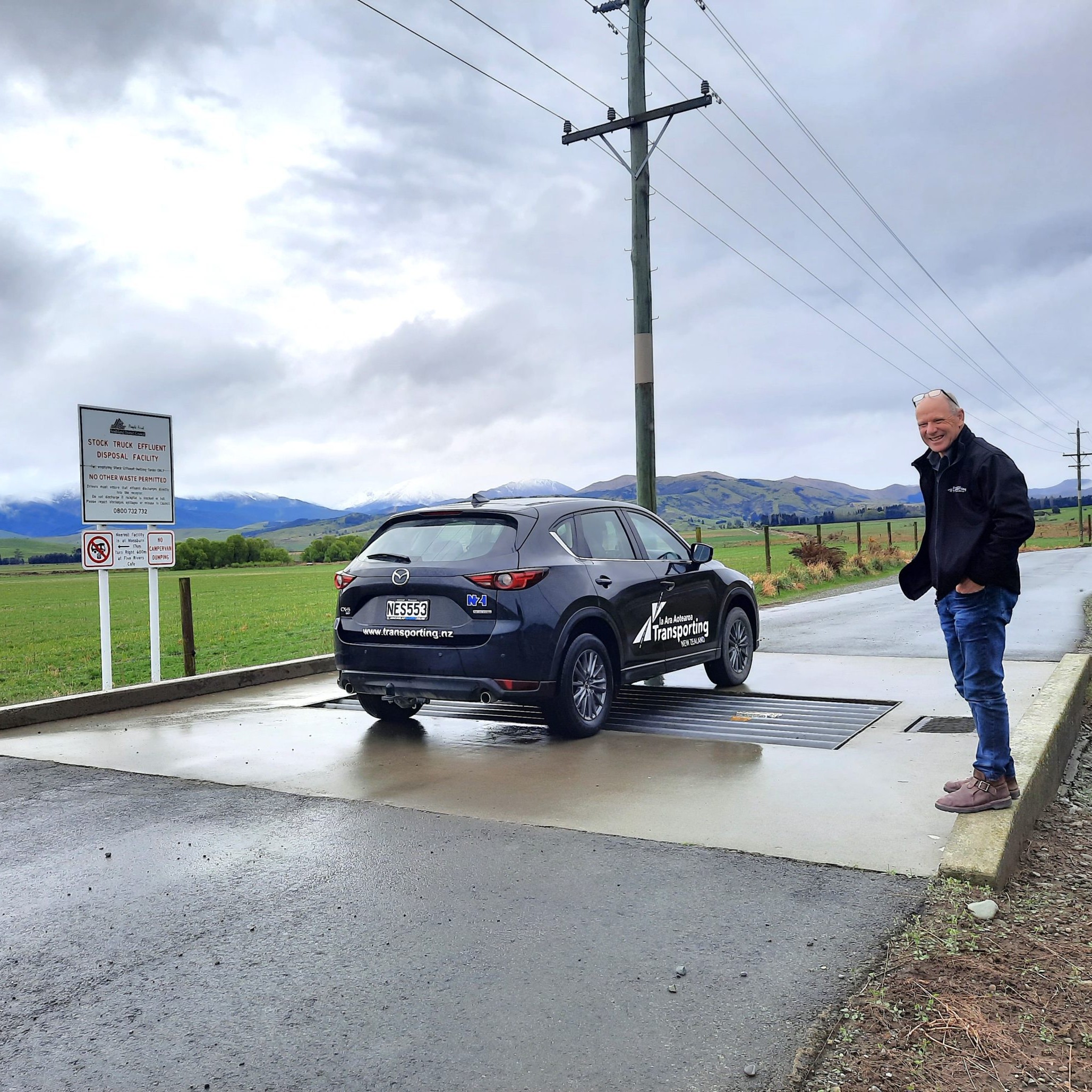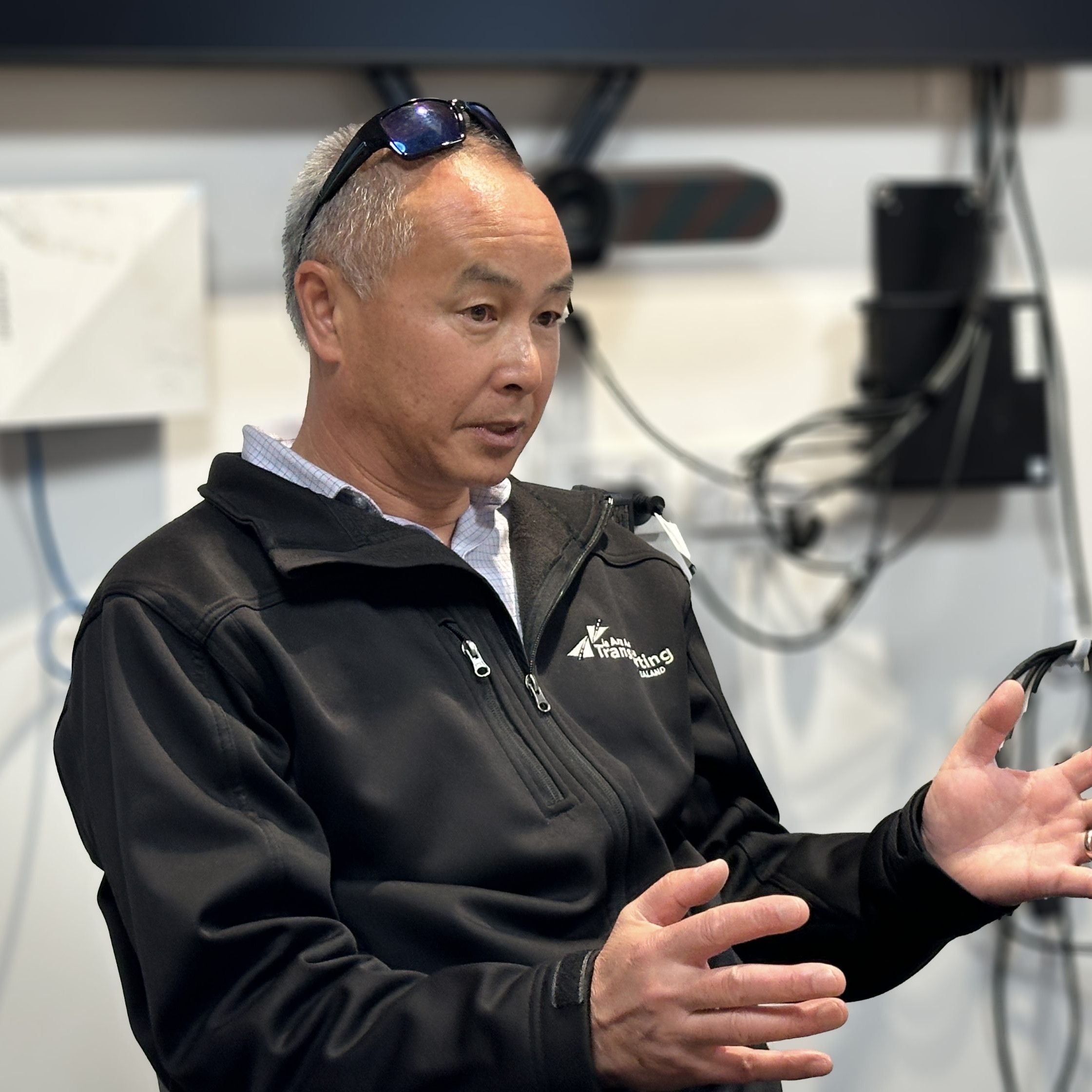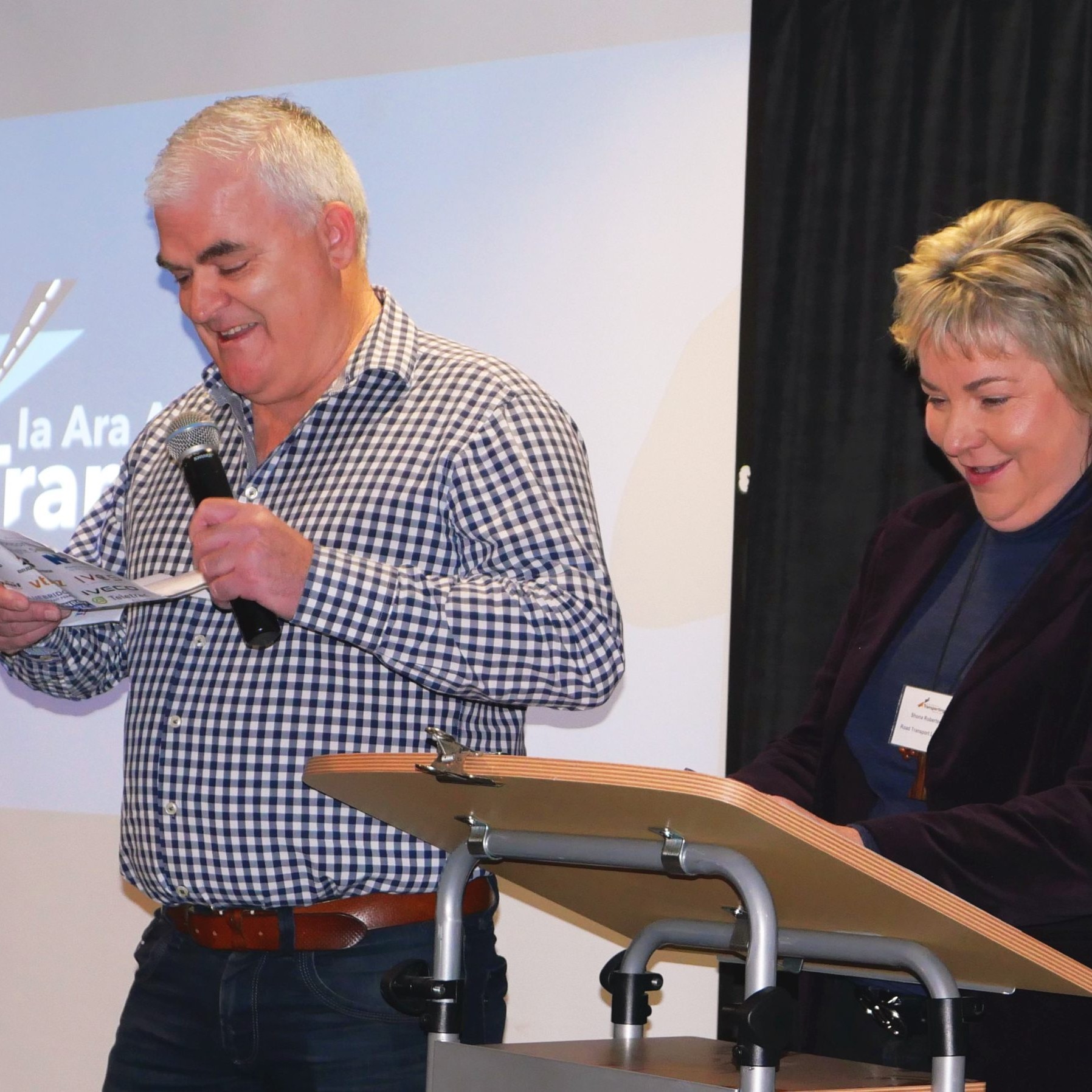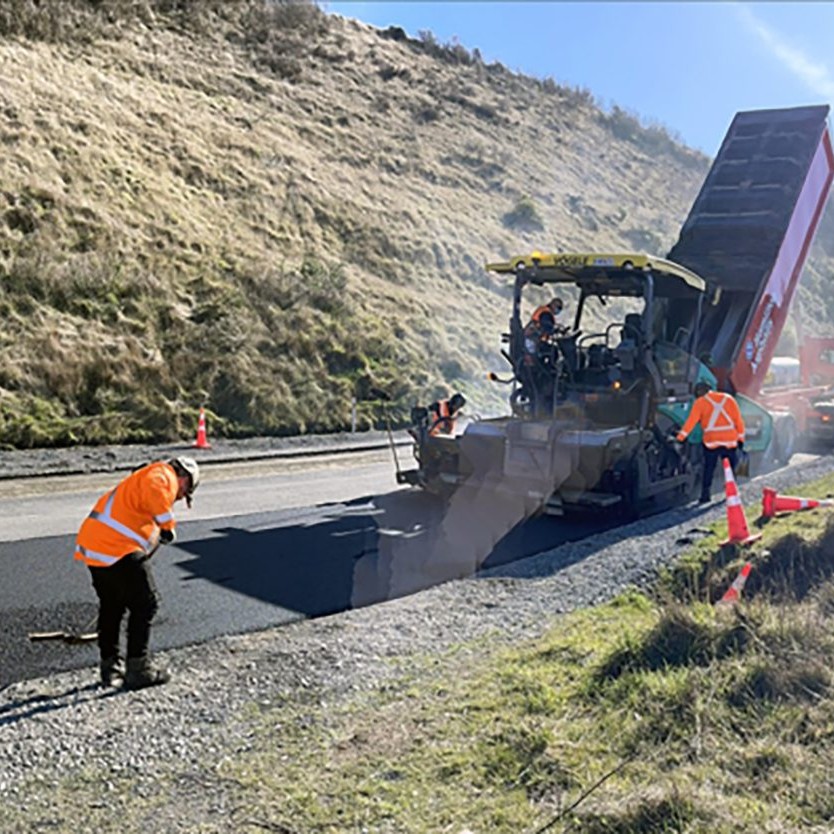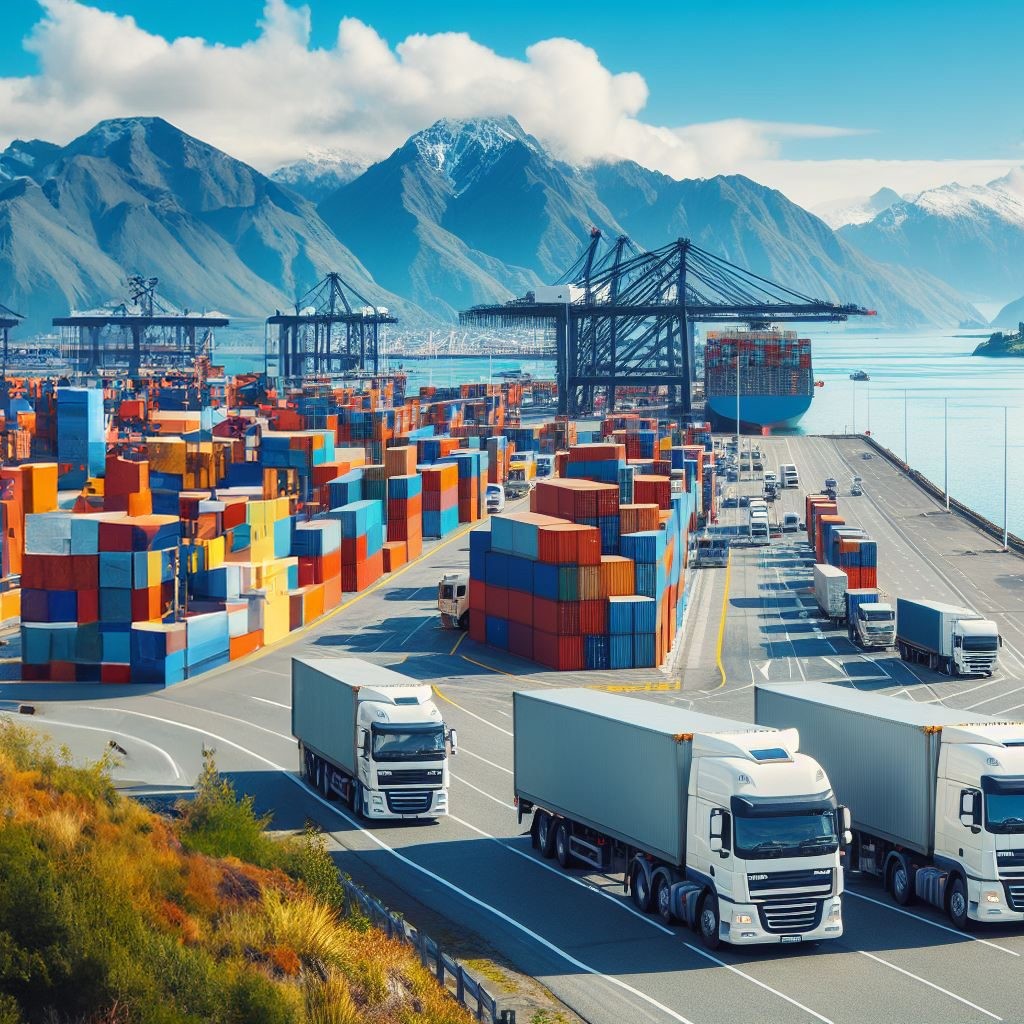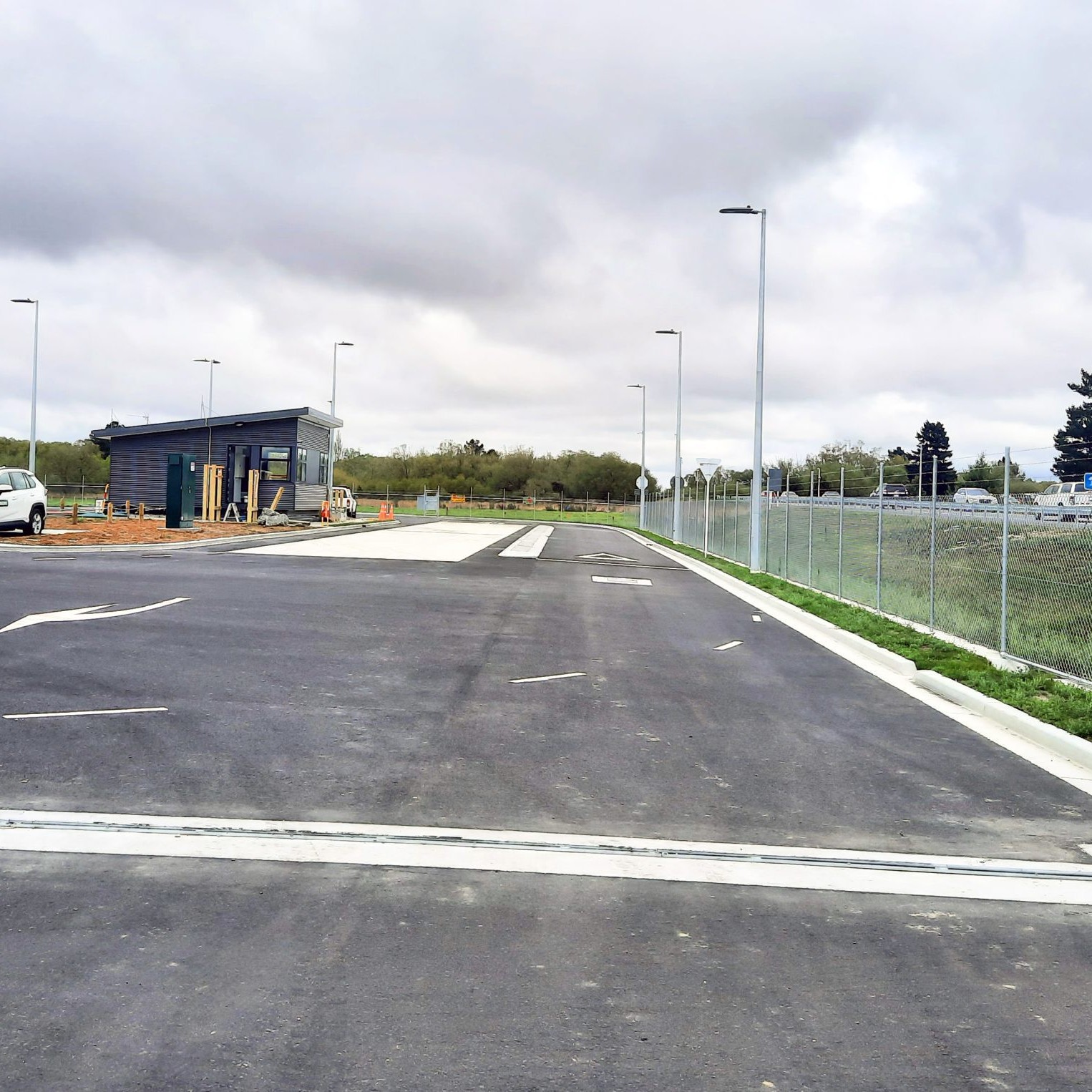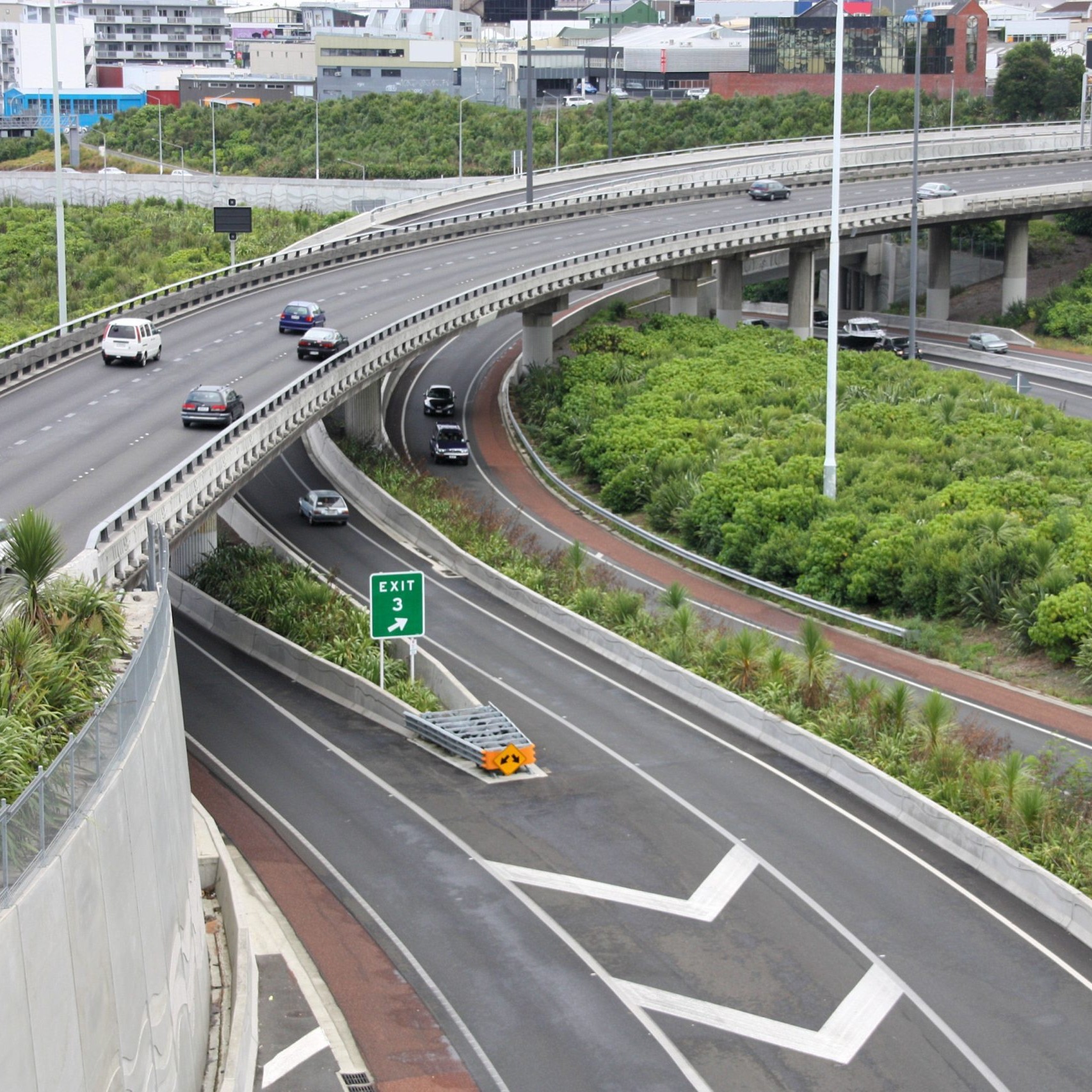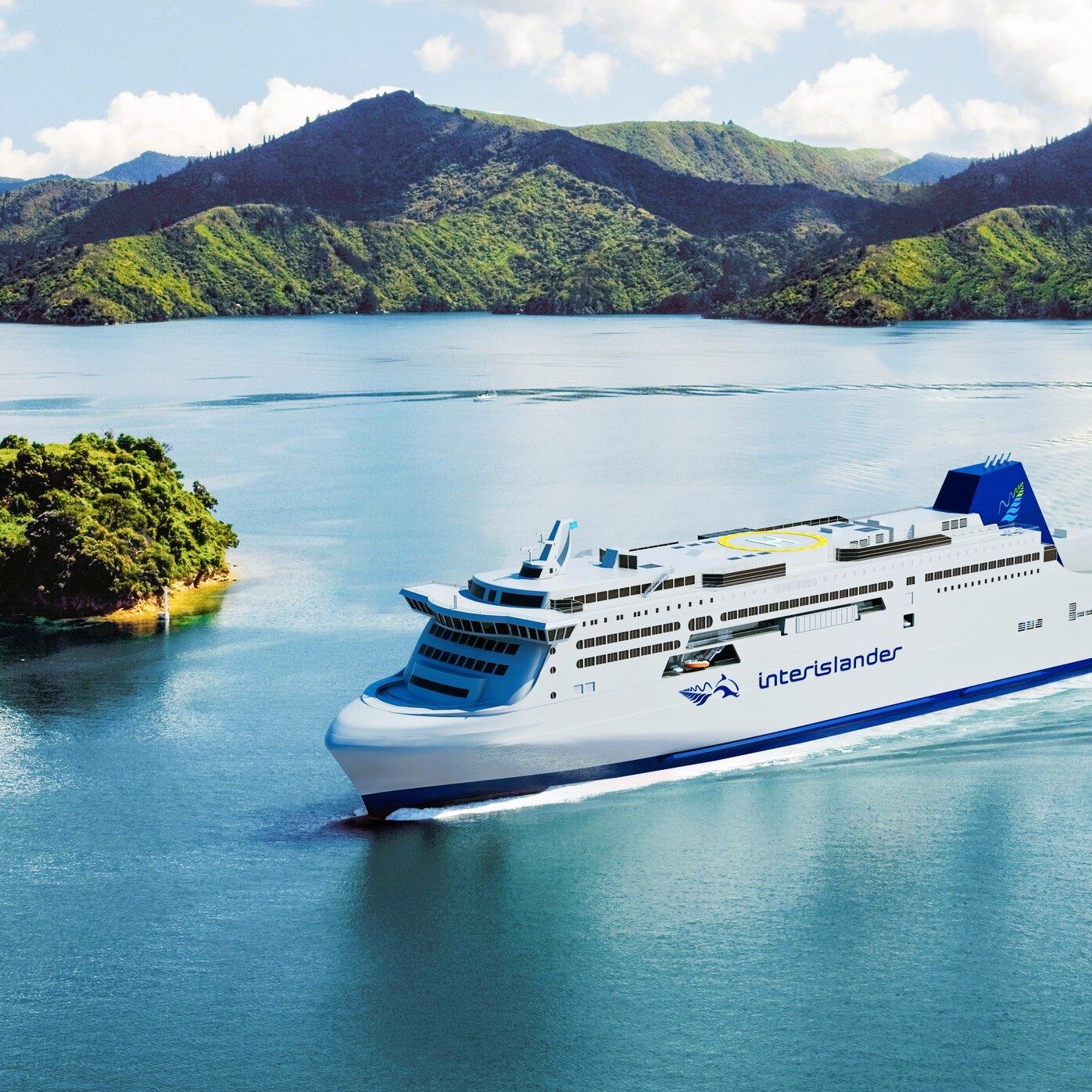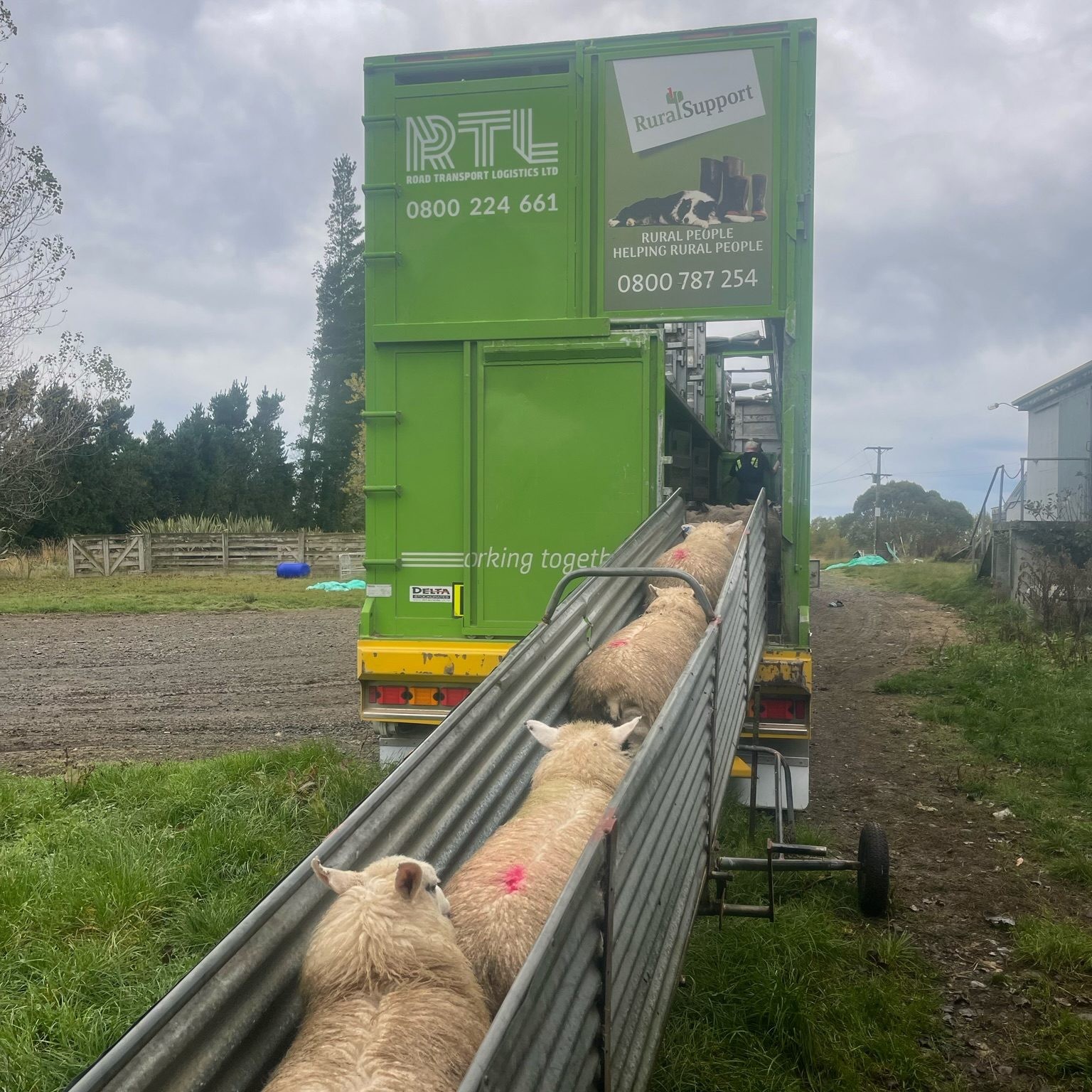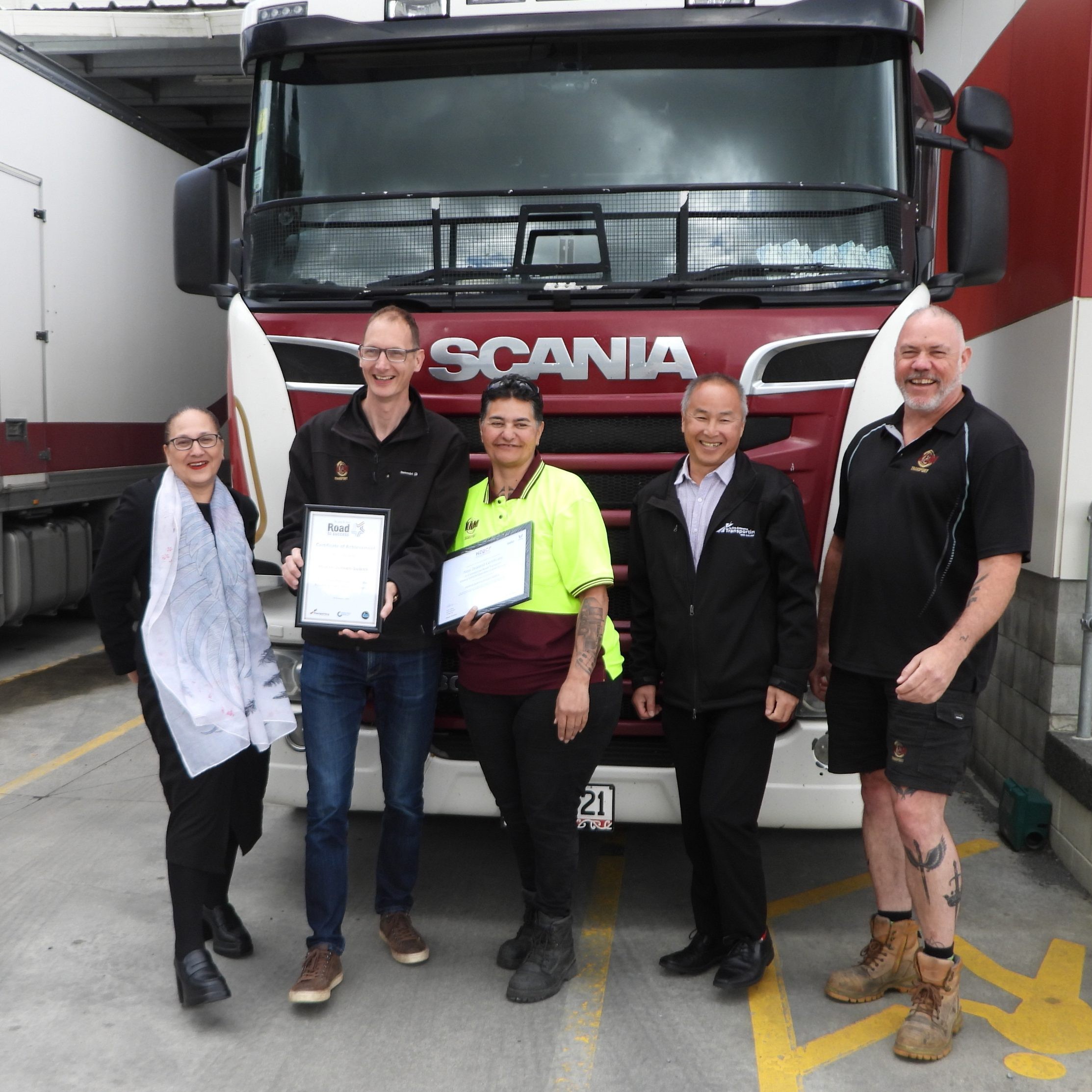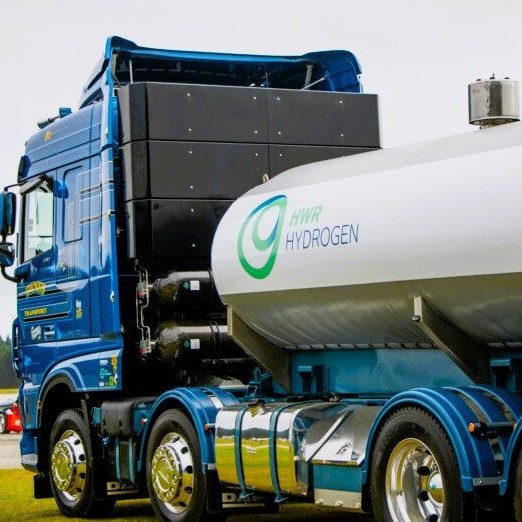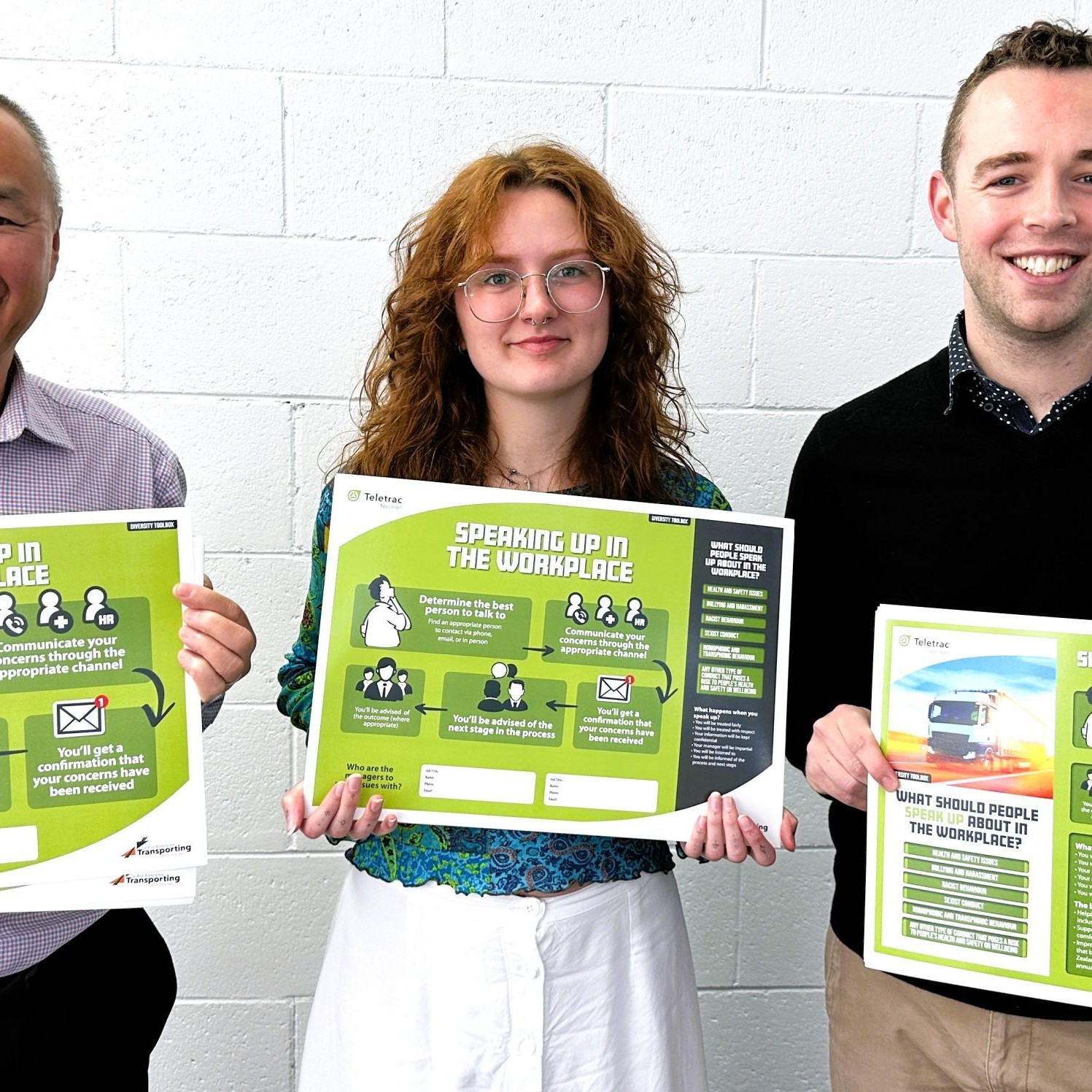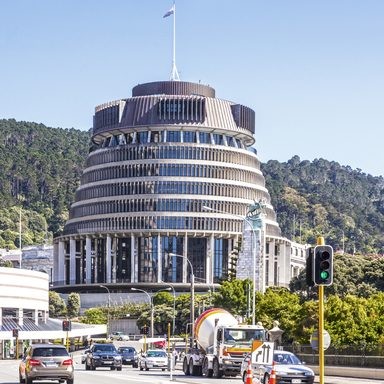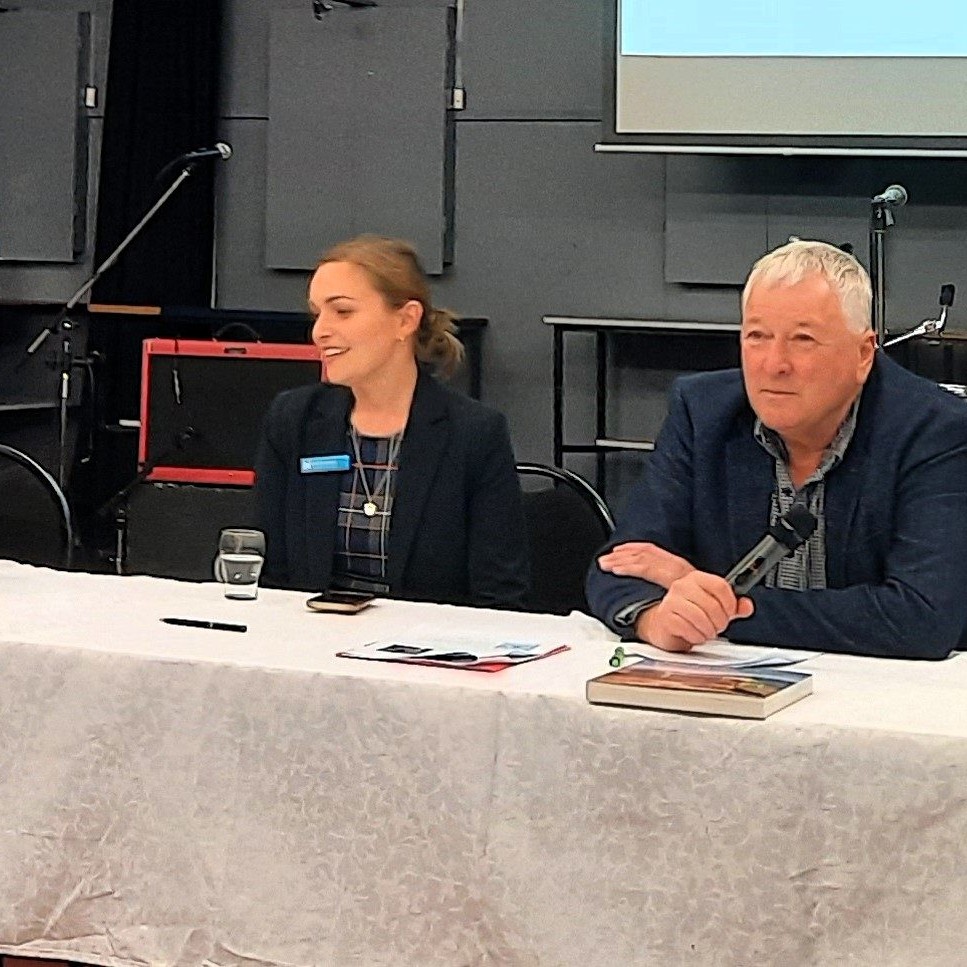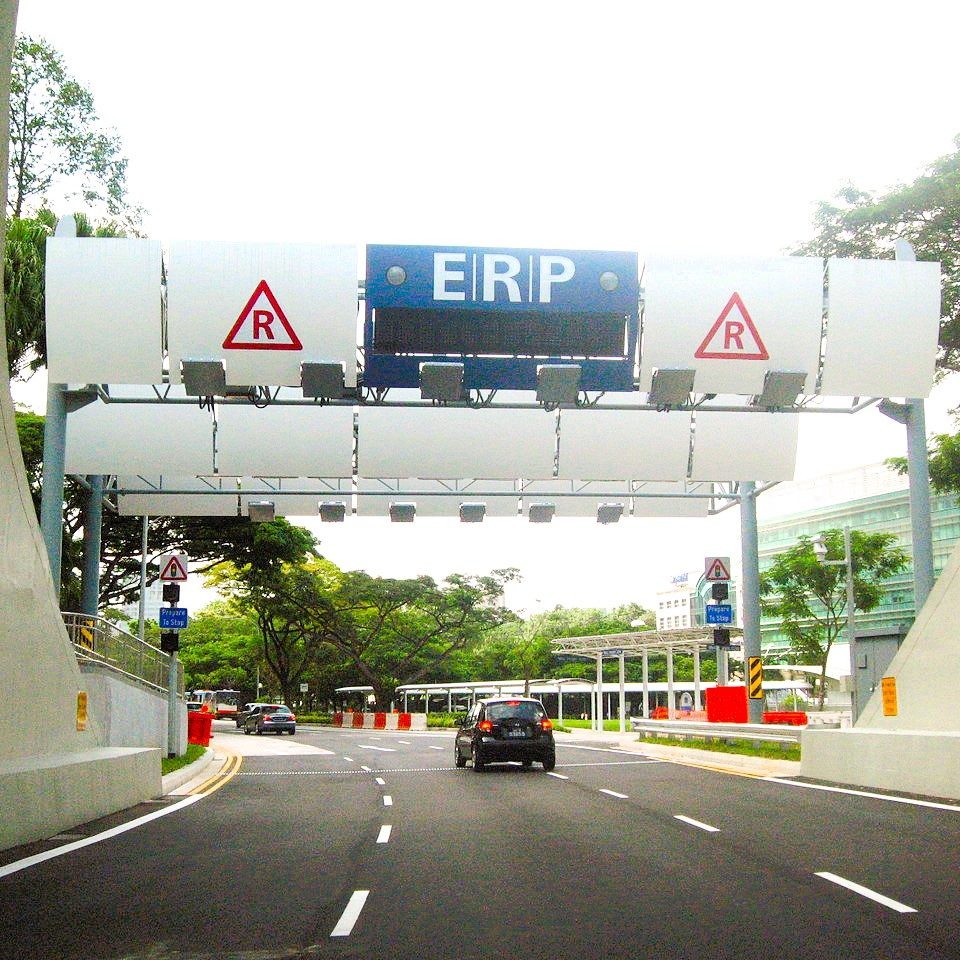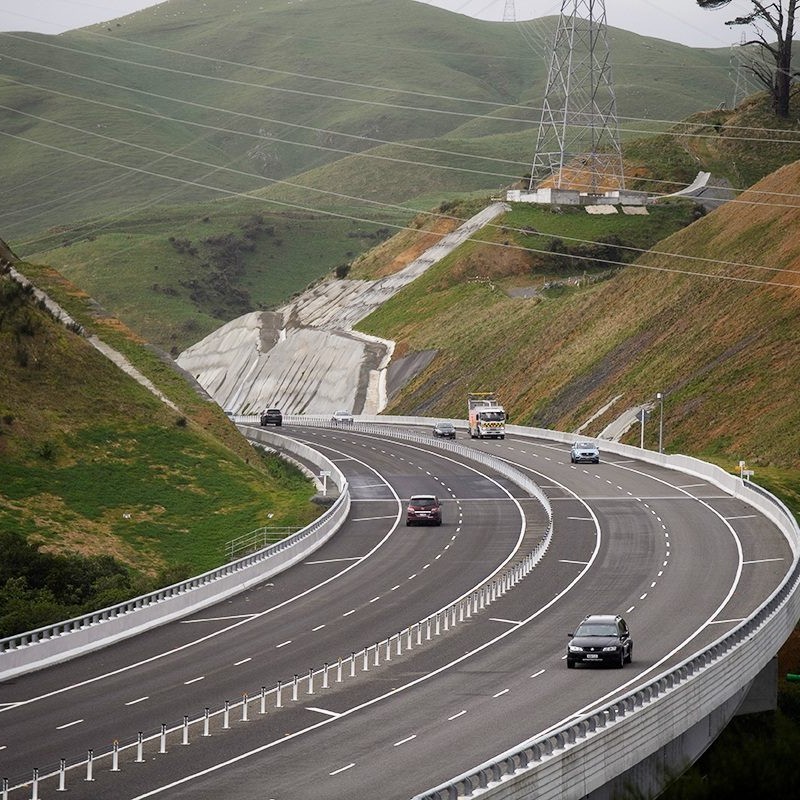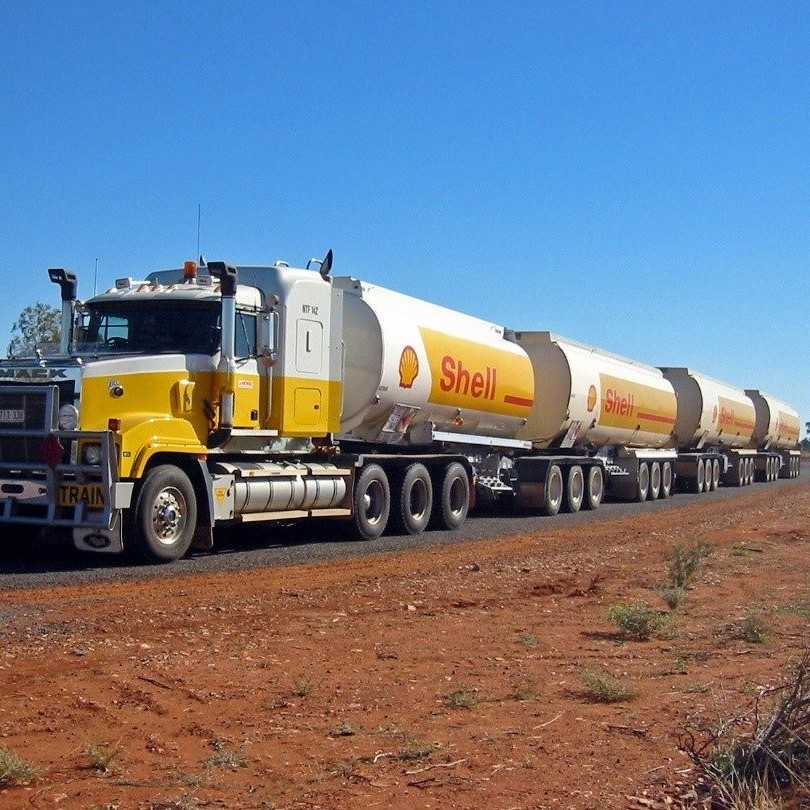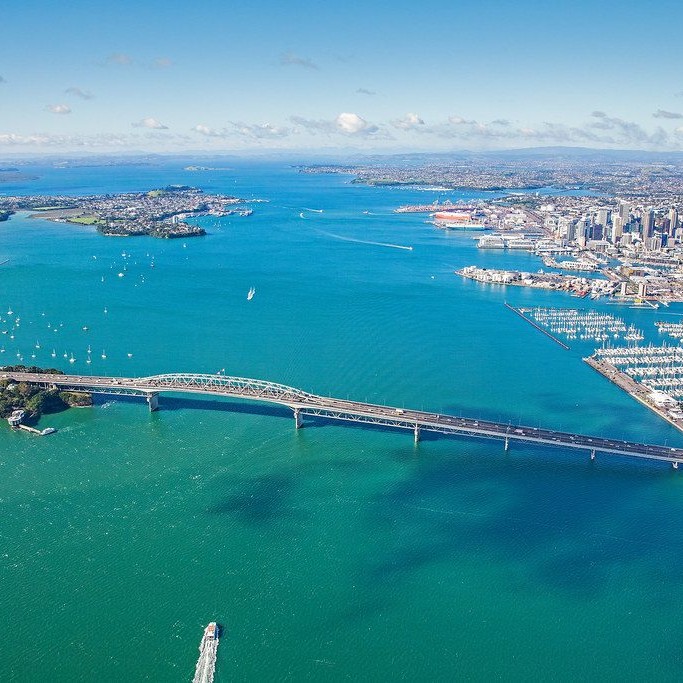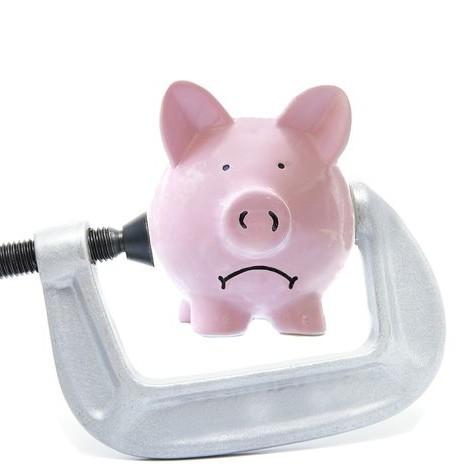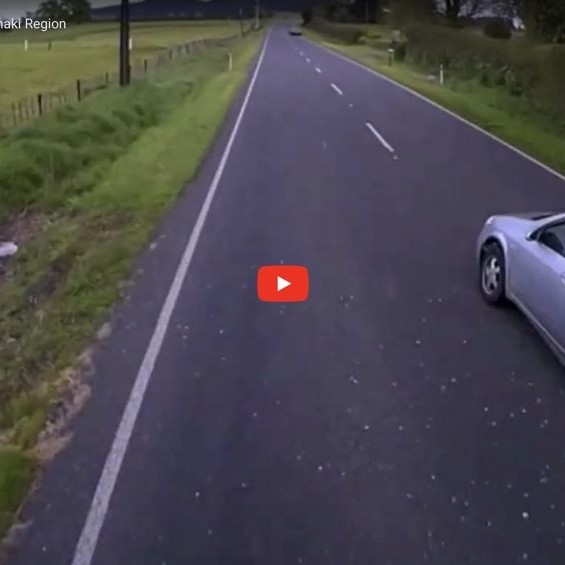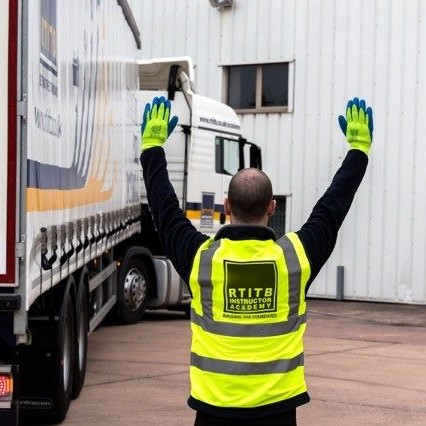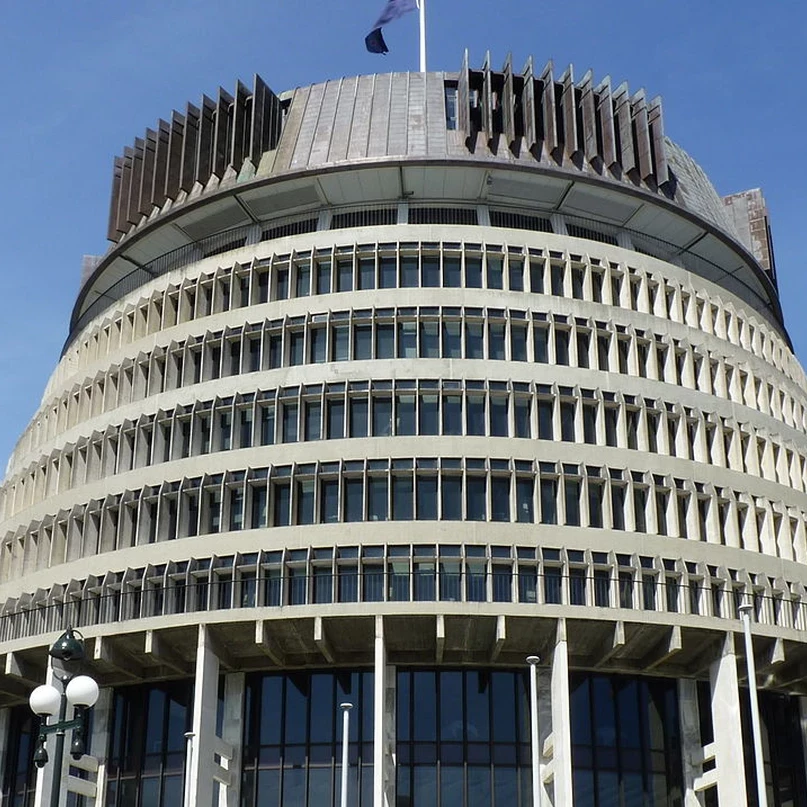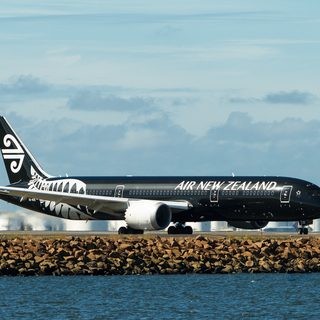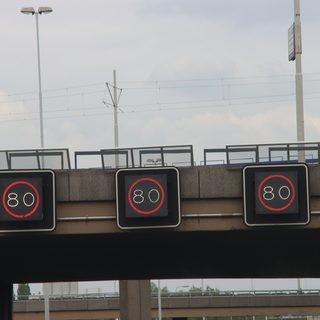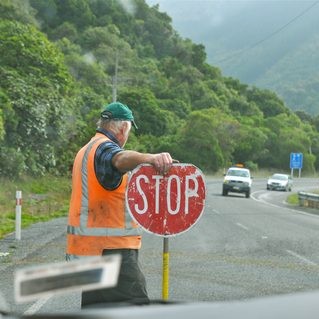
The Coalition Government released its 100-day, 49-point-plan last week, which included plenty of welcome news for road transport businesses.
In no particular order of usefulness, the announcements have been:
- The Ministry of Transport and New Zealand Transport Agency Waka Kotahi will be instructed to get the Roads of National Significance programme underway.
- A new National Infrastructure Agency will coordinate funding, investment and delivery of major projects.
- There will be a renewed focus on regional recovery from Cyclone Gabrielle and other recent natural disasters.
- Planned fuel tax hikes will be cancelled, along with the Auckland Fuel Tax.
Several other obstructive policies are also on the chopping block. Blanket speed reduction rules will be repealed, along with the union-centric Fair Pay Agreements legislation and limits on 90-day trial periods for larger businesses. Central Government is also withdrawing from the interminable Let’s Get Wellington Moving programme and the Auckland Light Rail project, to focus on delivering desperately needed roading improvements.
While this is a promising start, a lot more can be done to unleash the potential of our transport system and road freight industry.
Later today Transporting New Zealand is sending our industry briefing to the Transport Minister, Simeon Brown. This briefing, based on our Election Platform, sets out the industry’s leading issues and priorities, as well as 8 immediate actions that would be valuable to our members, and the industry.
Immediate actions:
- Rewrite the Government Policy Statement on land transport (GPS24) to prioritise road maintenance, network resilience and strategic roading investments.
- Confirm the start date and funding sources of the Government’s 13 new Roads of National Significance and four major public transport upgrades.
- Commence an urgent review of the heavy vehicle permitting system to identify and remove barriers to uptake of more productive vehicles.
- Urgently progress amendments to Land Transport Act 1998 to fix the stalled roadside drug testing regime.
- Accelerate the Ministry of Transport’s policy work removing regulatory barriers to Zero Emission Heavy Vehicles, currently scheduled for completion in 2025.
- Repealing or substantially amending the Land Transport Rule: Street Layouts 2023 “Reshaping Streets” regulatory changes that currently allow vehicle traffic to be unduly impeded.
- Provide an industry briefing on KiwiRail’s Interislander ferry service and the steps necessary to provide Cook Strait services that are reliable and safe.
- Immediately amend immigration settings to allow transport companies to fill critical workforce gaps across all sectors and license classes, while continuing to support domestic workforce development and competency assessment.
The briefing then outlines four priority areas in greater detail: Transporting funding and GPS24; Driver productivity; Better safety outcomes; Emissions reduction. The document will be publicly released next week.
Transporting New Zealand has had a constructive working relationship with Minister Brown during his time as opposition transport spokesperson, and this will continue in the coming term.
Our Industry Briefing shows that Transporting New Zealand and our members are committed to helping the Government boost freight efficiency and economic growth, while continuing to support safety and emissions improvements. After all, our members understand the needs and priorities of their businesses better than government departments ever will.
Transporting New Zealand will also continue to hold the government (and their officials) to account on delivery – a chronic issue over the past six years.
There will be serious challenges: increasing pressure on the National Land Transport Fund, our inflexible regulatory system, and a long-term infrastructure and maintenance deficit. Maintaining a three-party coalition will also be a serious test for the new government.
Despite all this, their initial transport agenda shows they’re off to a solid start. That’s good for the industry, and that’s good for the country.





